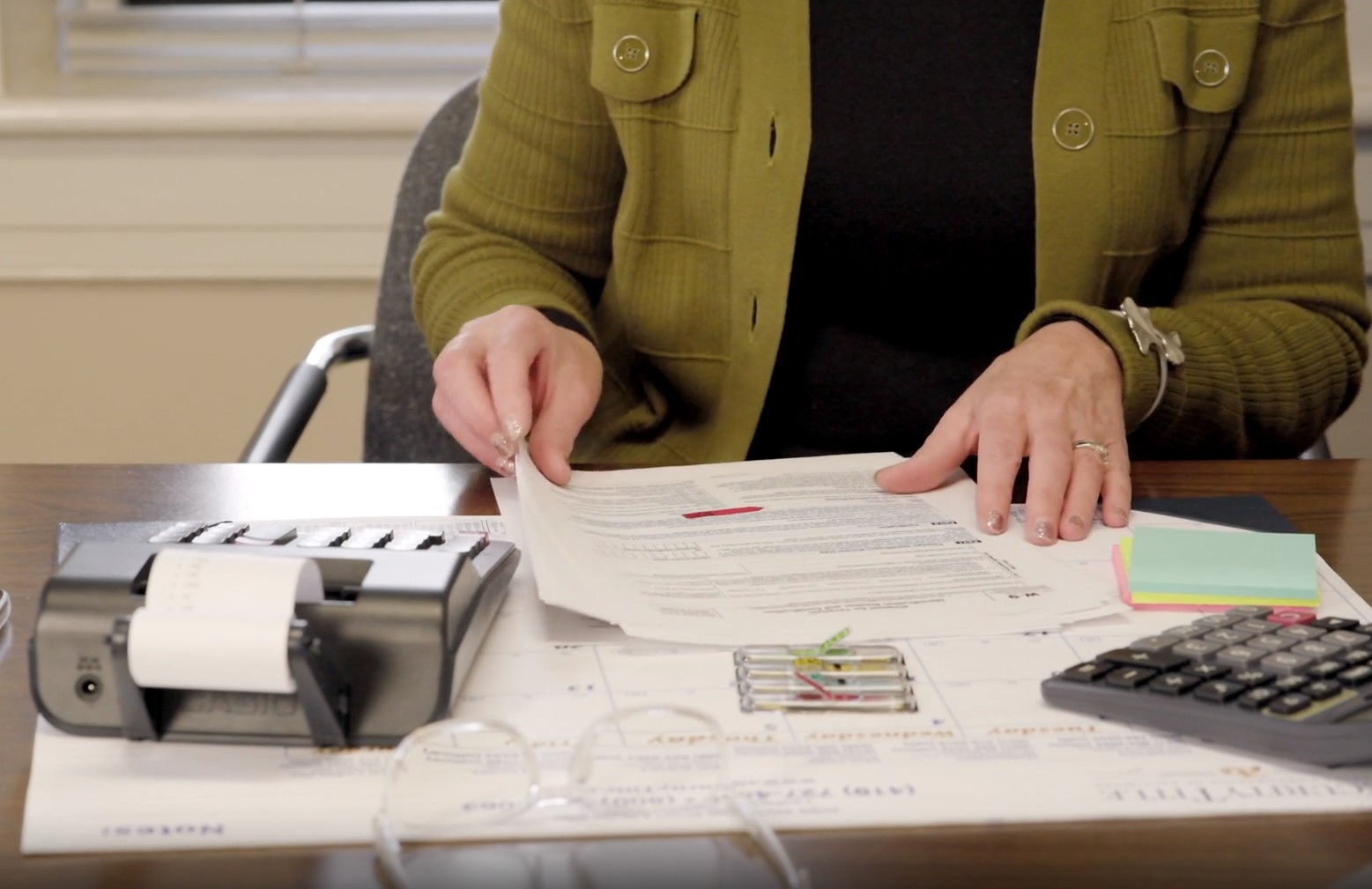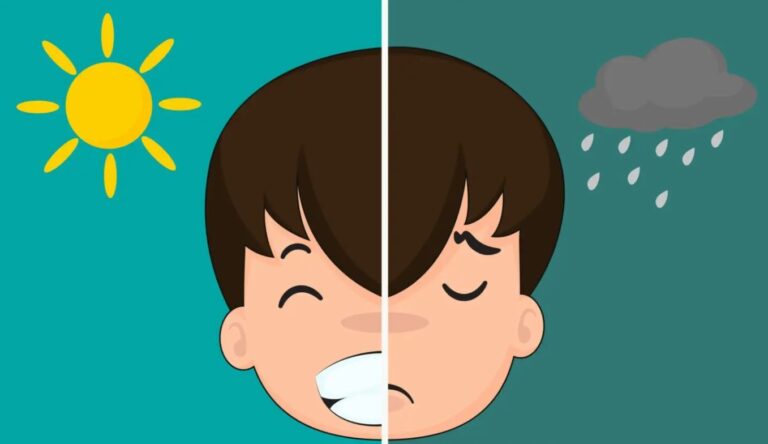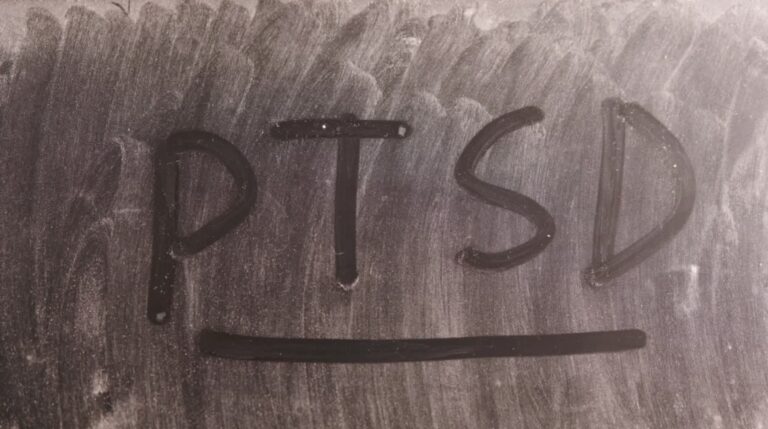Attention-Deficit Hyperactivity Disorder (ADHD) is a significant challenge for many, affecting their daily lives, relationships, and academic or professional achievements. But, for those without health insurance, challenges are even bigger as they often can’t afford suitable therapy.
In this article, we’ll explore options for affordable ADHD treatment without insurance, including practical steps and available resources.
Key Takeaways
What is the Treatment for ADHD?
ADHD is a neurodevelopmental disorder characterized by patterns of inattention, hyperactivity, and impulsivity that are more severe, frequent, or interfering than typically observed in individuals at a comparable level of development.
Proper treatment for ADHD requires a combination of medications, therapy, and other interventions. The best outcomes are achieved when these approaches are used together.
Did you know? An estimated 23% of U.S. children diagnosed with ADHD receive no treatment, while 77% receive treatment.
Medications
Central nervous system (CNS) stimulants are the most common type of medication prescribed for ADHD. These drugs work by increasing levels of dopamine and norepinephrine in the brain, which helps improve concentration and reduce hyperactivity and impulsiveness. Examples of CNS stimulants include:
- Methylphenidate
- Amphetamines
- Dextroamphetamine
- Dexmethylphenidate
- Lisdexamfetamine
These medications are effective for many, but they can sometimes cause side effects such as headaches, stomach upset, trouble sleeping, and nervousness. In these cases or when individuals do not respond well to stimulants, there are non-stimulant medications available. Non-stimulant medications may include atomoxetine and viloxazine.
Antidepressants are often prescribed to treat ADHD symptoms, although the FDA has not approved them particularly for this use. Commonly used antidepressants include:
- Bupropion
- Monoamine oxidase inhibitors
- Tricyclic antidepressants
- Venlafaxine
Therapy
Psychotherapy is an important treatment option for ADHD, as it provides effective strategies for managing the disorder and its symptoms. Depending on the age of the patient, different therapy options are available.
For example, Cognitive-behavioral therapy (CBT) is particularly effective for adults with ADHD as it helps to change negative thought patterns and behaviors that can exacerbate symptoms.
Yet, for children, behavior therapy is usually the preferred option. This type of therapy focuses on turning negative behaviors into positive ones through clear strategies and feedback.
Also, parents and teachers are often involved in behavior therapy to ensure consistency across different environments.
Additional options
There are other approaches, in addition to medication and therapy, that can help people with ADHD. Stress and worry are major contributors to ADHD symptoms, so learning stress management strategies can help minimize them.
Also Individuals with ADHD can discuss their experiences and coping mechanisms in a supportive environment that fosters understanding and mutual support.
For families affected by ADHD, involvement in therapy and training programs can improve family dynamics and support the individual’s treatment plan.
What are the Costs of ADHD treatment?
The financial implications of managing ADHD are significant, impacting the diagnosed individual and their families. Costs vary between children and adults.
Did you know? ADHD medications are a $13 billion industry, but it’s expected to rise to $20 billion by 2030.
Children
For children diagnosed with ADHD, the annual medical expenses can significantly exceed those for children without ADHD, with studies indicating a range of $503 to $1,560 more.
Adults
Adults with ADHD face significant financial challenges, with annual medical costs estimated to be between $4,929 and $5,651 higher than for adults without the disorder.
How to deal With these Costs without Insurance?
Managing the cost of ADHD treatment without insurance can be overwhelming, but there are some ways to do it:
Did you know? Only 8% of individuals have insurance plans that cover all ADHD medication and treatment costs, the majority are left to deal with these costs largely on their own.
1. Behavioral Clinics and Hospital-Based Clinics
These clinics often offer services on a sliding scale based on income, making ADHD treatment more accessible for those without insurance. They can provide therapy, medication management, and other essential services. You can find an ADHD doctor near you using tools like SesameCare. Many work online and charge less than regular doctors.
2. Assistance Programs
Many pharmaceutical companies offer patient assistance programs for those who cannot afford their medication. These programs typically require an application process, including proof of income or financial need. Qualifying individuals may receive their medication at a reduced cost or even for free.
RxAssist is a platform that provides useful information about free and low-cost medication assistance programs to both patients and healthcare professionals. Patients can also receive a medication savings card which can be used with or without insurance.
Also, there are other platforms like NeedyMeds, FamilyWize and NeedHelpPayingBills that offer more help with prescription assistance.
3. School and University Services
Students with ADHD may find support and accommodations through their educational institution’s disability services office. Schools and universities often provide access to counseling, educational support services, and sometimes even medication management, all of which can be critical components of an ADHD treatment plan.
Some universities with psychology or psychiatry programs offer low-cost treatment options as part of their training programs. Also, participating in clinical research programs can sometimes provide access to treatment at no cost.
4. Medicaid and CHIP
These government programs offer health coverage to eligible low-income individuals and families. Medicaid and CHIP can help those without insurance, covering a range of ADHD treatments.
4. Innovative Treatment Options
The landscape of ADHD treatment is evolving, with new and innovative approaches emerging.
5. Cheaper Medications and Doctors
Pharmacy prices for drugs can differ. GoodRX is a tool that looks for the best deals in your area and emails you coupons that can save you up to 80% on prescription drug expenditures. This site is used by many people with ADHD to purchase their meds at a reduced cost.
Telehealth, for example, offers access to mental health professionals and specialized ADHD coaches through online platforms, often at a lower cost than traditional in-person services.
FAQs
Conclusion
Treating the ADHD without insurance can be challenging, but remember that there are options and resources available to help you manage this. It’s crucial to advocate for oneself, seek out information, and not hesitate to ask for help from healthcare providers, community organizations, and support networks.
Related Posts:
- What Is Depression? Causes, Symptoms, and Treatment
- What is Schizophrenia? Causes, Symptoms, and Treatment
- What is Anxiety? Causes, Symptoms, and Treatment
- What is Schizoaffective Disorder? Causes, Symptoms,…
- What is Bipolar Disorder? Causes, Symptoms, and Treatment
- Urgent Care for Mental Health Management - Treatment…
















